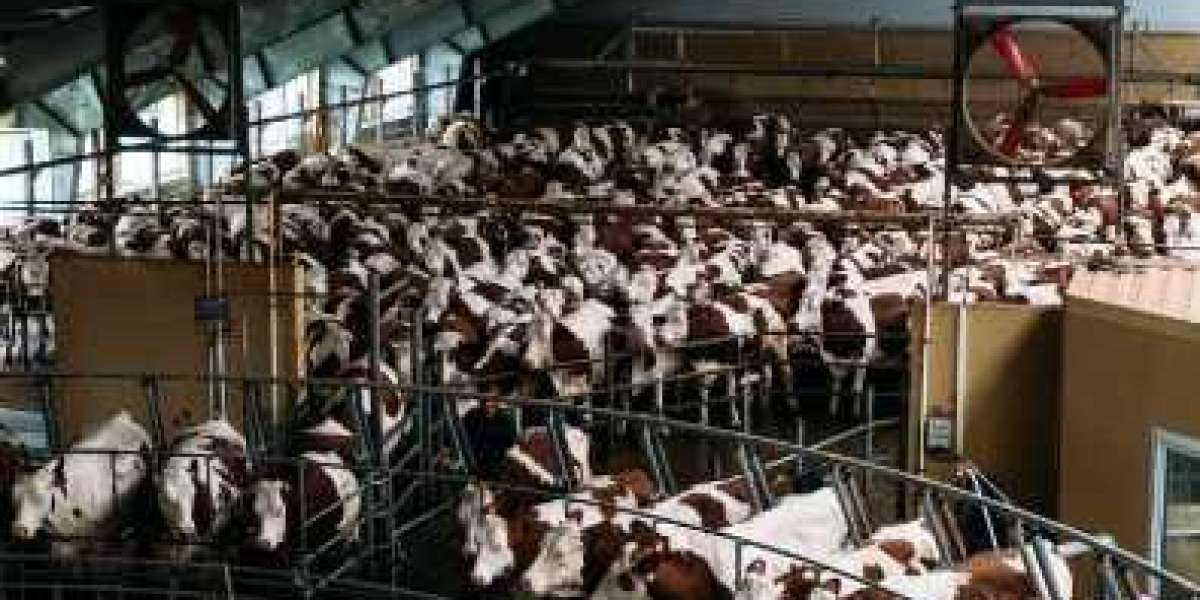Navigating Morality: Unraveling the Ethical Considerations of Animal Agriculture
In the intricate landscape of dietary choices, the ethical considerations of animal agriculture emerge as a complex and deeply nuanced topic. As we navigate the morality surrounding our food sources, it becomes imperative to unravel the layers of ethical considerations associated with animal agriculture.
At the core of ethical considerations is the treatment of animals within the industrialized framework of agriculture. The intensive confinement, routine use of antibiotics, and inhumane practices such as debeaking, tail docking, and castration raise questions about the welfare of animals in these systems. The acknowledgment of sentient beings capable of experiencing pain, joy, and suffering prompts reflection on the ethical implications of subjecting them to conditions that may compromise their well-being.
Beyond the treatment of animals, the environmental impact of animal agriculture adds another layer to the ethical discourse. Deforestation, greenhouse gas emissions, and resource depletion associated with large-scale livestock farming contribute to ecological challenges that affect not only animals but also the broader ecosystem. Ethical considerations extend beyond the immediate treatment of animals to encompass the responsibility we hold for the planet they inhabit.
As consumers grapple with ethical considerations, the concept of sustainable and ethical farming practices gains prominence. Supporting local, pasture-raised, and organic farming endeavors aligns with ethical principles by promoting humane treatment of animals and environmentally conscious practices. This shift towards more conscientious choices in food consumption reflects a growing awareness of the ethical implications intertwined with our dietary decisions.
In conclusion, Navigating Morality prompts us to confront the ethical considerations inherent in animal agriculture. From the treatment of sentient beings to the environmental impact on our planet, these ethical considerations permeate the choices we make as consumers. By unraveling the complexities of animal agriculture's ethical dimensions and fostering a deeper understanding of the implications, we pave the way for a more compassionate and conscientious approach to our relationship with animals and the environment.














